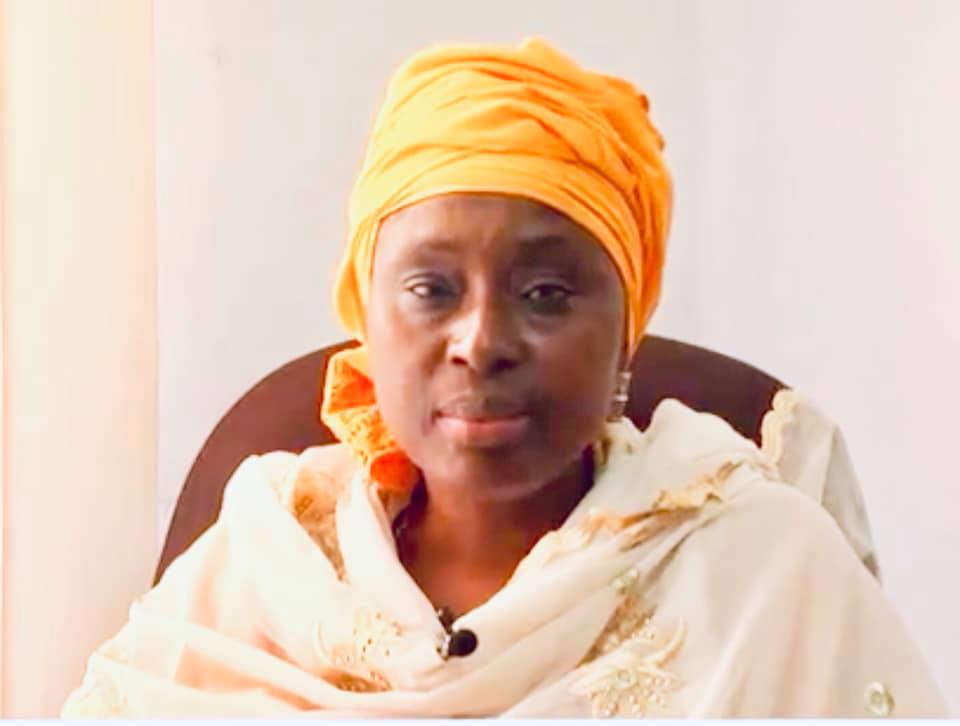
Fatou Sanyang Kinteh, minister of gender, children and social welfare, has reaffirmed the government’s commitment to eradicating female genital mutilation (FGM), describing it as an “extreme violation of human rights.”
Speaking on the International Day for Zero Tolerance for FGM, she expressed appreciation for the efforts of development partners, civil society organisations, and local communities in combating the practice.
She underscored that FGM remains one of the most extreme violations of women’s rights, with devastating health, psychological, and social consequences.
“FGM is a harmful practice that has been carried out for centuries in the name of tradition, culture, or religion,” she said.
“However, there is no religious or cultural justification for the harm it causes.”
She stressed that the fight against FGM is a fight for the fundamental human rights, dignity, and equality of women and girls.
The United Nations has recognised the elimination of FGM as a crucial target under its Sustainable Development Goals (SDGs), particularly Goal 5, which seeks to achieve gender equality and empower women and girls by 2030.
The Gambia has signed several international human rights instruments, including the Convention on the Elimination of All Forms of Discrimination Against Women (CEDAW) and the Convention on the Rights of the Child (CRC).
In 2015, the country enacted the Women’s Amendment Act, which explicitly prohibits FGM and imposes severe penalties on perpetrators.
“We are happy that this law remains in place despite attempts to overturn it in 2023 and 2024,” the minister noted. “Our commitment to protecting women and girls from FGM remains unwavering.”
Minister Kinteh highlighted progress in the national campaign against FGM, citing a reduction in prevalence rates from 90% in 2009 to 76% in 2013, with a further decline to 73% in recent years. She credited the government’s efforts alongside NGOs, community leaders, and international partners such as UNFPA, UNICEF, the EU, and USAID for this progress.
While the legal framework is vital, Minister Kinteh emphasised that real change must happen at the community level.
“The practice of FGM is deeply rooted in some communities, and it is there that we must work hardest to change perceptions,” she said. “The government cannot do this alone; it requires a collective effort involving religious leaders, traditional leaders, teachers, healthcare workers, and families.”
She also praised Gambian youth for taking a leading role in advocating for an end to FGM. “Young people are using their voices to challenge long-standing harmful practices and promote the rights of their peers. Their activism gives us hope for a future free from FGM.”
She called for schools to play a central role in the fight against FGM by educating students about its dangers and supporting those at risk.
“Our schools must be safe spaces where girls are empowered to learn, grow, and thrive,” she said. “Education is one of the most effective protective measures against FGM and other forms of violence.”
She also urged the Ministry of Health to continue raising awareness about the health consequences of FGM through community education programmes.
She also called on all Gambians to take personal responsibility in protecting women and girls from violence.
“Let us make a collective vow that we will not rest until every girl in this country can grow up free from the trauma of FGM,” she said. “Together, we can make The Gambia a beacon of hope in the global fight to end this practice.”
By Adama Makasuba










Recent Comments